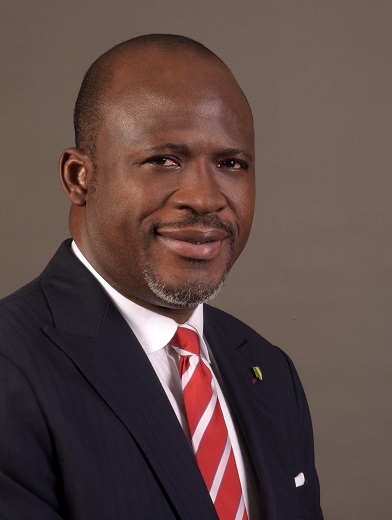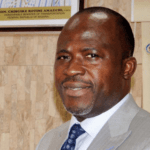
The saddest part of air crash in Nigeria is the hiccups that follow the process of compensation for the relatives of the victims of accidents. It has not been on record that all the accident victims in the crashes that happened in Nigeria were comprehensively compensated as enshrined in the International Civil Aviation Organisation (ICAO) policy for the assistance to aircraft accident victims and their families as domesticated in Nigeria and implemented by the Nigerian Civil Aviation Authority (NCAA).
Controversy had trailed the failure of the airlines that failed to compensate the relatives of these victims. Some of the failures were trailed to lack of the insurance of the ill-fated aircraft involved in the crash.
This and many other related issues had promoted ICAO to set aside a day for the commemoration of air crash victims, which is 20th of February of every year.
During the commemoration in Nigeria organised by the Accident Investigation Bureau-Nigeria (AIB-N), the Commissioner and CEO of the agency, Akin Olateru recalled that in 1998, during the 32nd Session of the Assembly, ICAO considered and acknowledged the subject of aircraft accident victims and their families and noted that the aim was to ensure that the mental, physical and spiritual well-being of victims involved in civil aviation accidents, and their families, are considered and accommodated by ICAO and its Member States in accordance with ICAO’s policies and guidelines.
He said that the families of victims experience great anguish after an air crash, especially in the absence of effective information channels from the government, or the affected airline operator, to them.
He also recalled that in 2001, ICAO issued the Guidance on Assistance to Aircraft Accident Victims and their Families. Subsequently, in 2013, the ICAO Policy on Assistance to Aircraft Accident Victims and their Families was published and accompanied by a manual.
“Family assistance entails the provision of services and information that will address the concerns and needs of the aircraft accident victims and their families.
The ICAO policies and guidelines ensure that the needs of the victims and their families are addressed in a timely manner. Just as with any other emergency plan, it is essential to have a readiness plan to support the involved victims and their families,” he stated.
The Commissioner also said that the victims, survivors and their families should be treated with respect, dignity and empathy.
“It is vital that the government and airline operator render assistance and support to the victims and their families, and not just at the time of the accident or serious incident but afterwards too,” he added.
Olateru stated that the federal government of Nigeria, through the Ministry of Aviation and the Bureau is following the international standards and procedures to ensure that everything is put in place to provide the requisite support for victims of air incidents and their families.
“Under the 2013 National Civil Aviation Policy, the Bureau is charged with the responsibility of rendering Family Assistance to victims and their families at times of aircraft accidents. This is a wraparound service to be provided at the time of an incident and during investigation.
“It is, however, important to note that aircraft accident investigation is separate from the provision of Family Assistance, and until recently, the enabling legislation did not exist to enable the bureau carry out this mandate. Nonetheless, the Bureau has provided family assistance in the recovery of personal effects of victims, identification of bodies, provision of information on accident investigations, and pathological services, amongst others,” Olateru noted.
He said AIB has also participated in the commemoration of air crash accident anniversaries.
“I believe that irrespective of the scale of an accident, the victims and their families should receive appropriate and timely assistance. Assistance programmes, in support of aircraft accident victims and their families, require cooperative planning and response by the air operator, State of Occurrence, non-governmental organizations, and specialized commercial companies,” he said.
Olateru recommended that the Nigerian Civil Aviation Authority put in place effective policies and regulations that would mandate airline operators in the country to have Family Assistance Plans as part of their emergency plan or procedure.
He said NCAA should also ensure that such assistance programmes are supervised, exercised and audited appropriately.
The Director General of NCAA, Captain Musa Nuhu said during the commemoration that Nigeria has achieved a milestone in the area of safety. He assured that the industry would strive to maintain and improve on that good record and remarked that so far the regulatory authority has done so much in collaboration with other aviation agencies to ensure that Nigeria maintains safe airspace.
“No country rests on its oars when it comes to air safety. Safety is not about accident alone; it also involves incidents; so incidents have to be reduced to the barest level, but if it is possible to eliminate it would be eliminated,” he said.
Captain Nuhu said that NCAA and AIB-N have been collaborating to ensure that the airspace is safe, disclosing that the regulatory authority ensures the full implementation of AIB-N recommendations.
THISDAY






